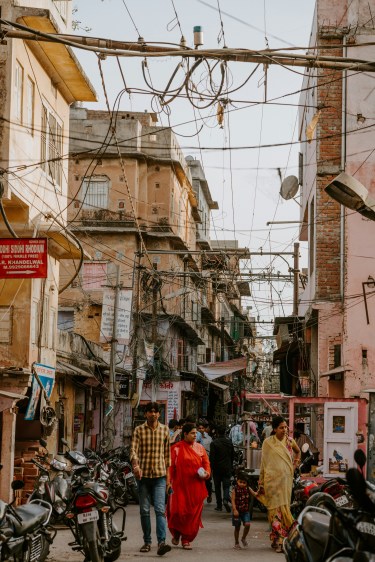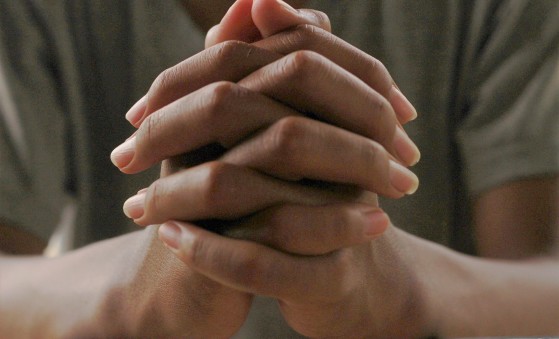
The stage is set for a high-stakes battle as India's mammoth 2024 Lok Sabha elections got underway on 19 April with the first phase of voting across 21 states and 102 constituencies. Over 166 million electorate, including 3.5 million first-time voters and 35 million young voters aged 20-29, exercised their democratic right, kick-starting the world's largest democratic exercise.
Polling began at 7 am and concluded at 6 pm, with an average turnout of 60.03% recorded till evening across the states and Union Territories of Arunachal Pradesh, Assam, Bihar, Chhattisgarh, Madhya Pradesh, Maharashtra, Manipur, Meghalaya, Mizoram, Nagaland, Rajasthan, Sikkim, Tamil Nadu, Tripura, Uttar Pradesh, Uttarakhand, West Bengal, Andaman and Nicobar Islands, Lakshadweep, Jammu and Kashmir, and Puducherry.
Prominent candidates in the fray included Union Ministers Nitin Gadkari, Sarbananda Sonowal, and DMK's Kanimozhi, alongside BJP's aggressive Tamil Nadu campaigner K Annamalai. Besides them, seven other Union Ministers – Bhupendra Yadav, Kiren Rijiju, Sanjeev Baliyan, Jitendra Singh, Arjun Ram Meghwal, L Murugan, and Nisith Pramanik – also contested in this phase. Two former Chief Ministers, Biplab Kumar Deb from Tripura and Nabam Tuki from Arunachal Pradesh, as well as Tamilisai Soundararajan, who recently resigned as Telangana's Governor to rejoin active politics on a BJP ticket from Chennai South, were among the notable participants. The Election Commission deployed over 1.8 million polling personnel to oversee the exercise.
As the nation gears up for a fiercely contested general election spread across seven phases culminating on 1st June, Prime Minister Narendra Modi's BJP-led NDA eyes an unprecedented third consecutive term, buoyed by the slogan "abki baar 400 paar" (this time, let's cross 400 seats). The BJP's campaign revolved around Modi's personal popularity and "guarantees", with the Prime Minister crisscrossing the country for rallies and roadshows as the alliance's star campaigner.
Conversely, the opposition INDIA bloc, having amicably settled seat arrangements within its unwieldy coalition, aims to wrest power by promising economic empowerment through policies favouring farmers, women, and youth. Their campaign focused more on issues like unemployment, agrarian distress, and price rise.
If Modi secures another five-year term, he will join the ranks of Jawaharlal Nehru as only the second Indian leader to retain power for a third term. However, concerns loom over the potential marginalisation of religious minorities, with critics accusing his tenure of curtailing civil liberties, stifling dissent, emboldening violence against Muslims, and implementing discriminatory policies. Modi's two terms have been marred by allegations of crackdowns on peaceful protests, threats to media freedom, rising violence against minorities, and the arrest of opposition politicians in alleged corruption cases.
The BJP, which controls much of the Hindi heartland, is now attempting to make inroads in the east and south, with its toughest challenge coming from the southern state of Tamil Nadu, where voting for all 39 seats was held on 19 April.
As the initial trends trickle in, political heavyweights from across the spectrum have urged citizens to exercise their franchise judiciously. Congress President Mallikarjun Kharge appealed to voters to "cast their ballots carefully", asserting that a new era of economic empowerment and equal opportunities beckons. His predecessor, Rahul Gandhi, advocated for strengthening democracy by "defeating hatred" and opening "Mohabbat ki Dukaan (Shop of Love)" in every corner of the country through the power of the ballot.
Union Home Minister Amit Shah, on the other hand, exhorted the electorate to choose a "strong and decisive leader" who has displayed determination to free the country from corruption, nepotism, and appeasement while fulfilling promises.
Chief Election Commissioner Rajiv Kumar urged people to exercise their democratic right on the day of polling. He underscored the significance of each vote, highlighting instances where a single vote has proven decisive in close electoral contests.
The high-stakes battle has well and truly begun, setting the stage for a gripping electoral contest that will shape India's destiny for the next five years. With the opposition raising concerns over the state of democracy and the BJP banking on Modi's charisma, the coming phases promise to be a fierce clash of ideologies, agendas, and visions for the world's largest democracy.




